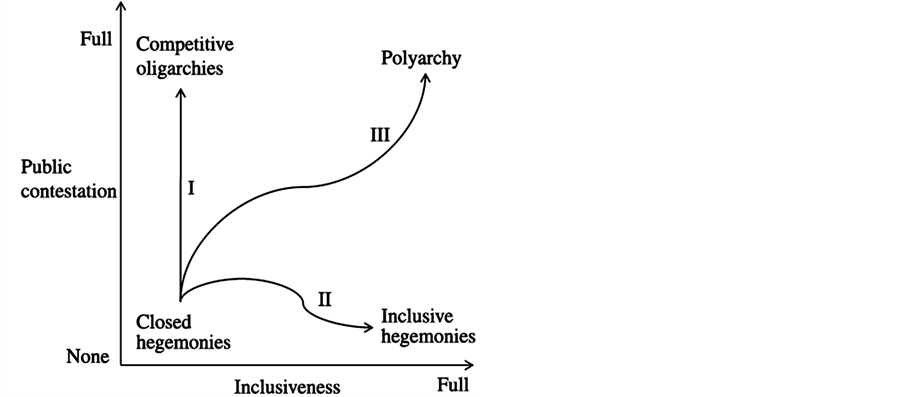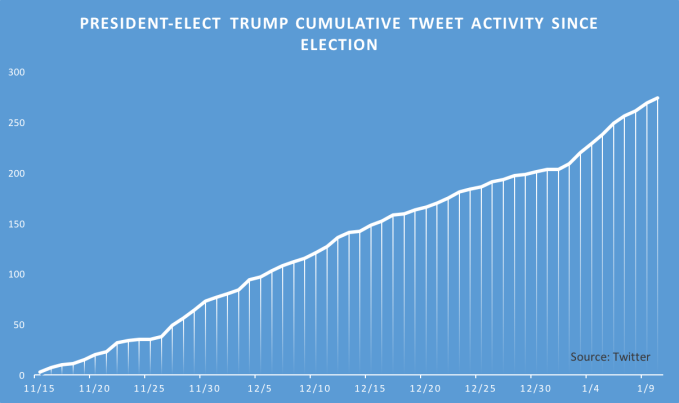As a mid-forties college professor who worked in and for the Clinton Democratic party of the 1990’s, I’m protective of you and your husband and the ways in which your stewardship of the Democratic party has been assailed in the last few months. Progressives have levied an effective critique at the famed “triangulation” strategy in which the party took more centrist positions to protect Southern and rust belt Democrats in Congress.
As an example — Michelle Alexander’s scathing article in the Nation that blames you and your husband for turning your backs on Black voters in the 1990’s through your support of welfare reform and the Crime bill. While I have great respect for Michelle Alexander, her widely cited article misses the political context in which you acted. The Bill Clinton of 1992-1994 passed the Brady Bill, raised marginal tax rates for upper income Americans and sought to achieve universal health care coverage. The result was a Republican tsunami in 1994. As titular head of the party, your husband faced a choice after the Republican’s took over Congress that year — stay left and run the risk of becoming a regional party or move to the center and stay relevant. Because we can’t replay the nineties, we will never know if a more progressive Bill Clinton would have lost the 1996 election if he stayed to the left of the country.
A sharper critique is the one that paints the 1990’s as the era of Wall Street deregulation, reckless free trade agreements and corporate excess. Of course, the reality is more complex. If anyone needs a refresher as to what the Clinton presidency left the Bush administration, they can re-watch this celebratory State of the Union speech from 2000:
In it, you can see him repeatedly taking credit for the passage of both Republican and Democratic ideas. Those who study power know there is a distinction between achieving results through authoritative “power over” a group and achieving results through force or sanctions and a getting things done through a “power to” bring the relevant players to the table to hammer out a solution. I believe you are a transactional politicians who knows that any economic reform would require Wall Street and Corporate America to be at the table. Senator Sanders is a “power over” politician who thinks that Wall Street simply can be chopped down to size through sheer political will.
In a free market democracy, the idea that you can “make Wall Street pay” by regulating and taxing them into oblivion is farcical. A “power over” approach to corporate America assumes they don’t have options like moving more of their activity overseas, cutting the number of workers or simply going out of business. As Paul Starr argues so eloquently in Politico, there is a difference between a liberal and a socialist. Liberal leadership requires both recognizing the essential role that the financial and corporate sectors play in job creation and standing up to these entities so that their pursuit of profit helps, not harms, the polity. Liberals realize that state power sometimes serves as a necessary check upon runaway fiscal/corporate power. Bernie Sanders isn’t offering this vision of leadership. His vision isn’t to work with Wall Street, it is to “bring it to heel” to borrow a Hillary Clinton phrase from another context. In his discussion of his proposals, he seems unconcerned with how his policies would impact the work of the financial and corporate sector. The few questions posted to him on this measure are battered away with a glib call for corporations and Wall Street to “pay their fair share.”
This is why it is equally discouraging is to see someone like Senator Sanders, who is not a Democrat and has not done the hard work of party building, capture the imagination of voters across America, by promising a “revolution.” It’s discouraging because it implies that the problem is with the Democratic party and with liberalism. Rather than running to defend the Democratic party, Sanders sees his shot to push the party left by running against it. Jamelle Bouie in Slate put it succinctly, you are running to be the head of the current Democratic party and he is running to be head of an idealized, pure progressive Democratic party that does not yet exist. But we don’t need a different Democratic party, we need more Democrats in office. We really haven’t had “liberal” leadership for the past eight years because Democrats haven’t had veto proof majorities for the last 7 years. Maybe those “Feeling the Bern” would have been satisfied with liberal governance, but we won’t know because they and others didn’t turn out to elect Democrats to Congress, state legislatures and governorships.
Secretary Clinton, I get what you are doing. As a pragmatic Democrat, you’re trying to run to the left in the primary and the spring back to the middle once you’ve dispensed with the slightly crazy old man and his community radio, Dr. Bronners’ soap, Frankfurt school ways. But here’s the problem. While you probably won’t lose to Bernie Sanders, you run the risk of putting the party in jeopardy by not more effectively advocating for liberal governance. Much like I think the Republican party has been damaged by getting pushed too far to the right, I think the party may be irrevocably damaged if it is pushed to far to the left.
As a Democrat, what I like about you and your husband is that you fight for Democrats. It was discouraging and shameful to watch 2014 Senate candidates sprint so far away from the Obama record that they seemed indistinguishable from Republicans. While your husband may have “triangulated,” you and he could also “throw a punch” and stand your ground against your opposition when necessary. It is time to fight for the soul of the party.
As of now, your attacks on your opponent have tried to paint his as a disingenuous progressive — a supporter of the minutemen, an opponent of the auto bailout and a an NRA fanboy. These weird critiques have little impact because they do not reinforce people’s pre-existing notions of Bernie Sanders. Nobody who has payed any attention would believe that he opposes the auto-bailout… it would be completely anathema to his core identity to do so.
A serious concern I have is that you present as a candidate that has an uncomfortable relationship with power and hence is uncomfortable with yourself. Your reluctance to admit that you might have Wall Street connections and may (god forbid) have said a few nice things about Goldman Sachs at a speech, can’t be dismissed. You need to explain why you have a relationship with banks and I think it’s because as much as we may not like it, we need to work with them. The impression of you can only be overcome by not just admitting that you talk to and take money from banks because we need Wall Street for the national and global economy to function, but that it’s a strength that Wall Street with work with you. You need to find messaging that is consistent with the idea that a global economy is not perfect but it is better for Americans than 17th century mercantilism, or whatever Sanders proposes as an alternative to our current economic system.
We are in a social media age that values the presentation of authenticity above all else. You very well may be the more authentic candidate, but your opponent has mastered the art of not appearing rehearsed. If you want to make any dent with youth voters, you need to drop the rehearsed lines. The “no bank to big to fail and no executive too powerful to jail” verse would have sounded great coming out of Jesse Jackson’s mouth in 1988, but it is cringe-worthy coming out of your mouth in 2016. It sounds like an infomercial pitch and millenials are too finely tuned-in to “scripts” to resonate with anything that sounds packaged. Note that Bernie Sanders is just as packaged, but his packaging “seems authentic.” Ask Bernie Sanders a question on a tough vote and watch him equivocate and parse like the best “flip flopper.”
You have no other choice. If you aren’t frank about your belief in transactional, “power to” politics, voters will think you are hiding something. Your appeals will seem trite and insincere. This is why when you tell young people that “they may not be for you, but you are for them,” it sounds to them like you’re doing a late night infomercial, selling Snuggies or Sham Wow’s. Maybe this is why one millenial in the Fox News town hall crowd couldn’t restrain herself from outwardly showing her disdain for you on national TV.
I’m still with you, but I hope you begin to stand up for your version of the Democratic party and not try to “out Bernie” your Democratic Socialist opponent.






